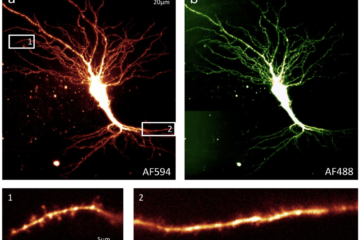
Shining a Light on New Imaging Technologies
Developed at St Andrews, new ways of imaging tiny cells promise a revolution in biological microscopy.
To be entrepreneurial in our culture is to see potential in existing and future activity and to translate that into enterprise for the benefit of wider society. Entrepreneurial St Andrews is rapidly gaining prominence as a mainstream activity in the University, enabling regeneration locally and transformation nationally.

Developed at St Andrews, new ways of imaging tiny cells promise a revolution in biological microscopy.
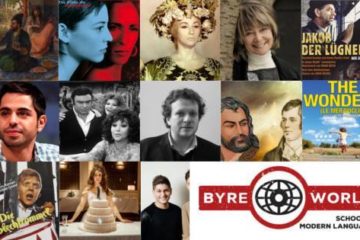
The School of Modern Languages runs Byre World, which hosts four or five research-led public events per semester at the University’s Byre Theatre.

The motorcycle taxi sector is the largest employer of young people in Liberia. Dr Jaremey McMullin works to mend their violent relationship with the police.

In their research at the Department of Film Studies, Dr Leshu Torchin and Dr Philippa Lovatt have expanded the limits of how documentary can be understood and studied.
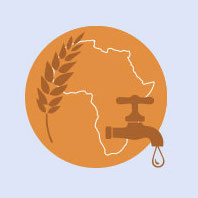
GRADE models the relationship between government spending and public health, influencing global policy and empowering political actors.

Dr Andrew Torrance has been challenging the belief that science and faith are irreconcilable.
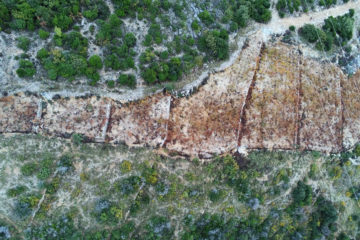
Environmental radiation can teach us a lot about the world and its history, and the University now has the capacity to measure it self-sufficiently.
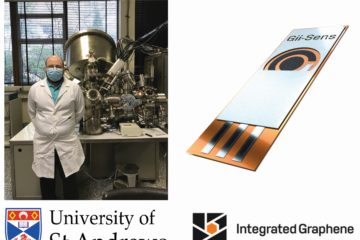
The University's collaboration with Integrated Graphene has significant implications for the future of medical wearables.
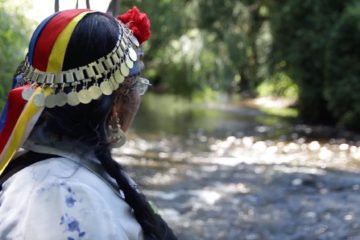
EU-LAC Museums brings together community museums, who often serve a vital purpose in local development and community empowerment.
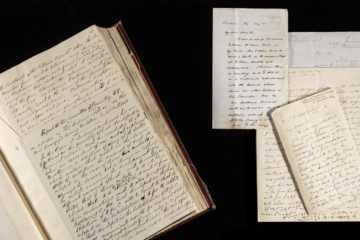
Research must be read to be used. Aileen Fyfe explores the traditionally unquestioned procedures that determine who gets access to cutting-edge research.